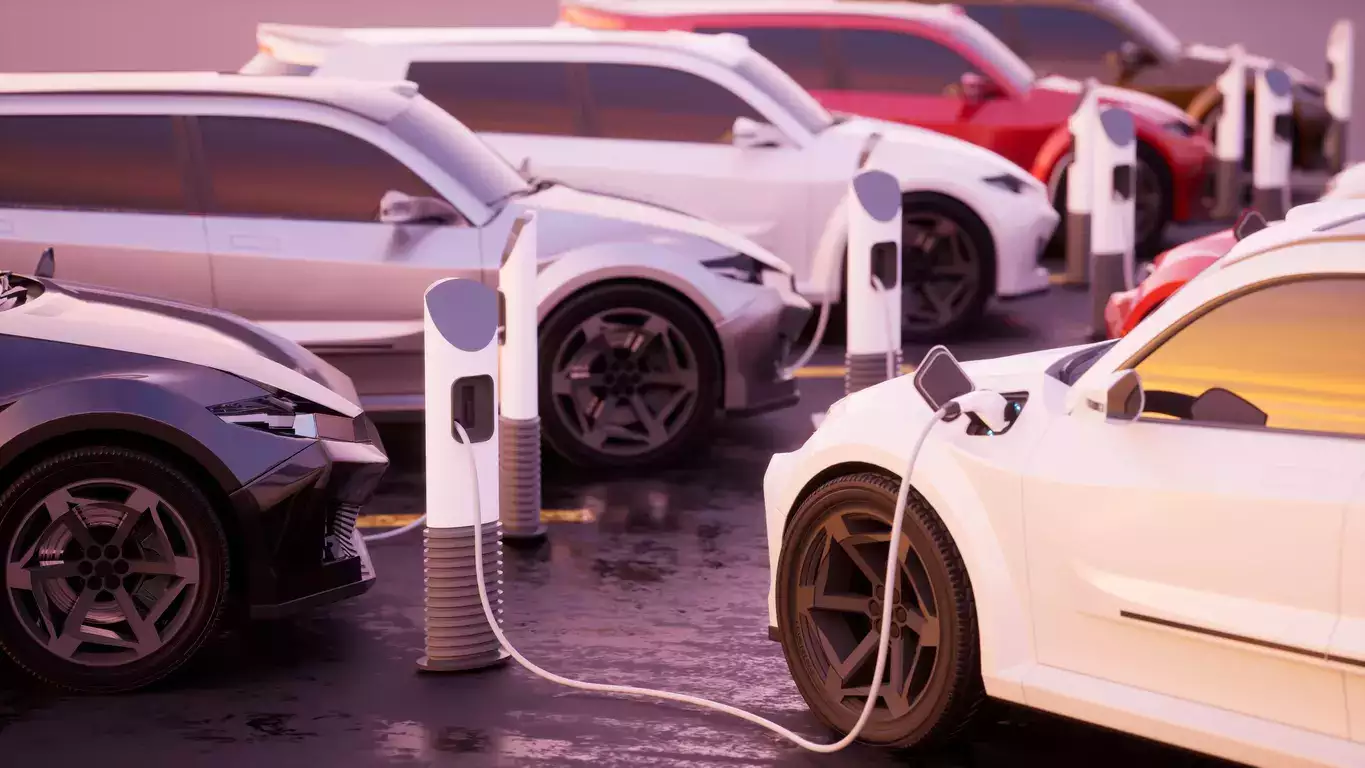
In comparison, EVs and hybrids together comprise 49% of the Chinese auto market, reflecting a successful and rapid transition from ICE vehicles. The low share of EVs and hybrids in India's auto sales comes despite a favourable policy for EVs with lower taxes for such vehicles, and incentives for hybrids announced by states like UP.
Still robust growth in sales of strong hybrids in India suggests consumers and manufacturers are gravitating towards this technology that offers comparatively better fuel efficiency without the infrastructure challenges associated with full electrification, say industry experts.
A key driver of China's growth has been its strategic focus on plug-in hybrid electric vehicles (PHEV), which combines the benefits of electric and conventional engines, considered the ideal gateway for transitioning to full battery electric vehicles.
Top Indian automakers assert strong hybrid technology can significantly reduce oil consumption and carbon emissions compared to petrol and diesel cars. However, "they (hybrids) have a viability gap which needs to be addressed. Most countries of the world have some kind of financial support to encourage mass adoption of these technologies," said Rahul Bharti, executive director, corporate affairs at Maruti Suzuki, the country's largest carmaker.
Incentivising PHEVs is expected to spur growth in sustainable and preferred mobility solutions. Currently, high taxes remain an entry barrier for PHEVs in the Indian market. "It will also address the range anxiety by reducing the reliance on extensive charging infrastructure. This balance makes PHEVs a practical choice in the current evolving scenario," said Rajeev Chaba, CEO Emeritus at JSW MG Motor India. The company is expected to launch a PHEV model shortly.
By setting a minimum driving range requirement for PHEVs, Indian policymakers can incentivise development of these vehicles with longer electric-only capabilities, while also promoting technological advancements in battery efficiency.
"Linking incentives of PHEVs to a minimum electric range of 50 km aligns with global practices. This range covers typical daily commutes, making PHEVs a practical option for reducing fuel consumption," said Randheer Singh, former director at the government think-tank Niti Aayog.
Carmakers say the focus should be on technology that accelerates adoption and transition to emission-free mobility. Globally, Mercedes-Benz uses PHEV technology for both series and performance cars like the AMG. "In India, our hybrids are limited to the AMG segment, used more for performance. The AMG S 63 sold in India, for instance, has an electric range of 33 kms and a battery capacity of 13 kWh," said Santosh Iyer, MD & CEO, Mercedes-Benz India.
"While China's rapid embrace of NEVs (new energy vehicles) is reshaping global supply chains and technology development, India's more gradual approach reflects the realities of its infrastructure and consumer market," said Ravi Bhatia, president at Jato Dynamics.
He added that India can accelerate its transition to clean mobility by balancing domestic adoption with export opportunities.
Disclaimer: The copyright of this article belongs to the original author. Reposting this article is solely for the purpose of information dissemination and does not constitute any investment advice. If there is any infringement, please contact us immediately. We will make corrections or deletions as necessary. Thank you.





